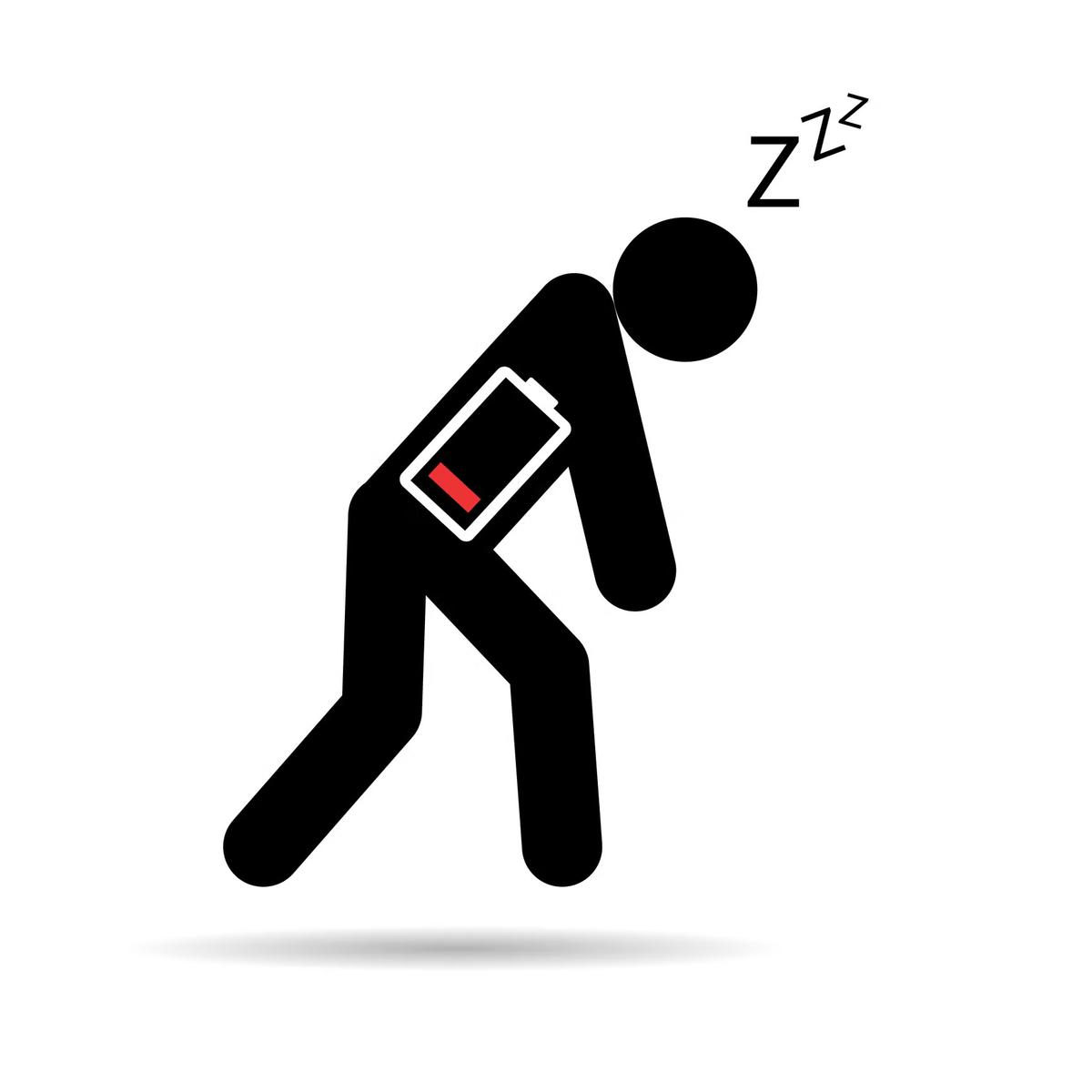The Importance of Sleep for Growing Minds

Sleep plays a crucial role in a child’s development, affecting everything from concentration and learning to physical growth and emotional well-being. Ensuring children get the right amount of sleep can help them perform better in school, stay active in sports, and manage their emotions effectively. For students actively involved in sports, sleep is even more essential, as it plays a key role in muscle recovery, injury prevention, and peak performance. Without adequate rest, young athletes may struggle with fatigue, slower reaction times, and an increased risk of injury.
Ages 8 to 10: Building Healthy Sleep Habits
Children aged 8 to 10 require approximately 9 to 11 hours of sleep each night. At this stage, their brains are rapidly developing, and quality sleep is essential for consolidating memory and retaining new information. This is particularly important in school, where they are constantly learning new concepts. Additionally, sleep supports physical growth by allowing the body to release growth hormones, repair tissues, and strengthen the immune system.
One of the most effective ways to ensure children in this age group get enough sleep is by establishing a consistent bedtime routine. A predictable schedule, such as reading a book or listening to calming music before bed, can signal to the body that it’s time to rest. It is also important to limit screen time at least one hour before bedtime, as exposure to blue light from screens can interfere with melatonin production, making it harder for children to fall asleep. Regular physical activity during the day can also contribute to better sleep by helping to regulate energy levels. For young athletes, this rest is particularly important as it aids in muscle recovery and reduces the risk of overuse injuries.
Ages 10 to 12: Managing Increased Demands
As children transition into their pre-teen years, their schedules often become busier with schoolwork, extracurricular activities, and social engagements. Despite these increased demands, they still require 9 to 11 hours of sleep per night. Unfortunately, many pre-teens struggle to maintain a consistent sleep schedule due to training sessions, late-night homework, screen time, or anxiety about school and sports.
One common challenge at this age is the tendency to stay up later on weekends, which can disrupt their internal clock and make it difficult to wake up for school during the week. Encouraging a consistent sleep schedule, even on weekends, can help their bodies maintain a natural rhythm. Creating a restful sleep environment—such as keeping the bedroom dark, quiet, and cool—can also improve sleep quality.
For student-athletes in this age group, recovery is a key concern. After long days of training and competition, their bodies need sufficient sleep to rebuild muscles, replenish energy stores, and prevent injuries. Proper pre-sleep nutrition and hydration can further enhance recovery, helping athletes wake up feeling refreshed and ready to perform at their best.
Ages 12 and Above: Prioritising Rest in a Busy Life
Teenagers face increasing academic pressures, social responsibilities, and extracurricular commitments, often leading them to sacrifice sleep. However, they still need 8 to 10 hours of sleep each night. Studies show that sleep deprivation in teens can negatively impact concentration, decision-making, and emotional regulation. Additionally, for those involved in sports, lack of sleep can lead to slower reaction times, decreased coordination, and a higher likelihood of injury.
One of the main reasons teens struggle with sleep is a shift in their biological clock. As they enter adolescence, their natural sleep cycle shifts later, making it harder for them to fall asleep early. Unfortunately, this often conflicts with early school start times, leading to chronic sleep deficits. Late-night phone use and social media can further delay sleep by exposing teens to stimulating content and disrupting melatonin production.
To promote better sleep, teens should set a “tech curfew” by turning off electronic devices at least 30 to 60 minutes before bedtime. Engaging in relaxing pre-bedtime activities, such as reading or listening to calming music, can also help prepare the body for sleep. While short naps of 20 to 30 minutes can be beneficial for catching up on lost sleep, long naps should be avoided as they can interfere with nighttime rest.
For teen athletes, prioritising sleep is especially critical. Studies have shown that well-rested athletes have faster reaction times, better endurance, and a lower risk of injury compared to those who are sleep-deprived. Incorporating relaxation techniques, such as stretching or deep breathing exercises before bed, can help improve recovery and overall performance.
Final Thoughts
Sleep is just as important as nutrition and exercise for a child’s overall well-being. Establishing good sleep habits early can set the foundation for lifelong health and success. For student-athletes, prioritizing sleep can be the difference between good and great performance, reducing injury risk and improving endurance. By encouraging consistent sleep routines, limiting screen exposure, and emphasising the importance of recovery, we can help children and teens get the rest they need to thrive both academically and athletically. If sleep difficulties persist, consulting a healthcare professional may help identify and address any underlying issues.



